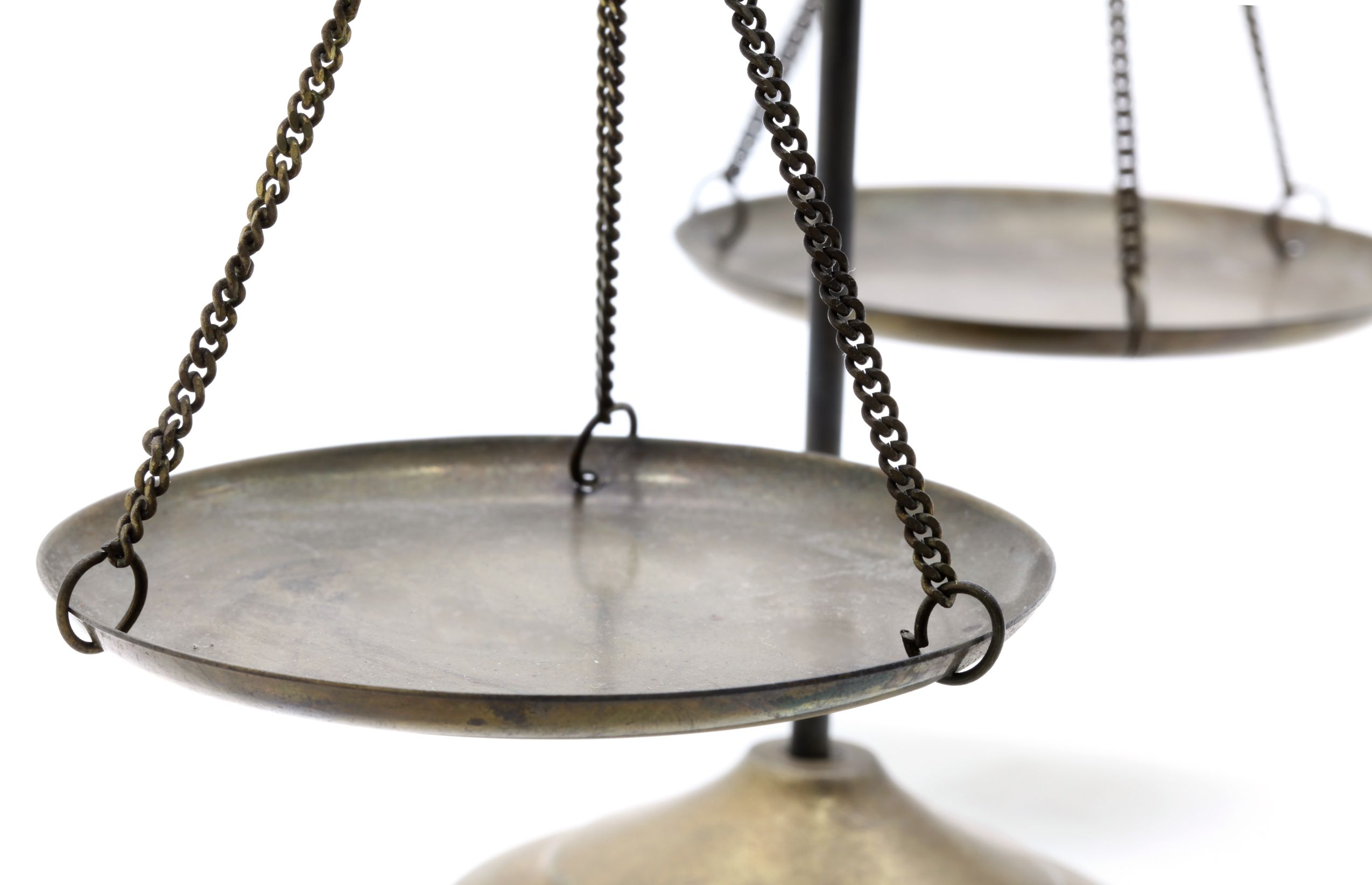In her “I’m just a hockey mom” speech at the Republican National Convention, Sarah Palin—who has rapidly rocketed from an unknown, recently-minted governor of Alaska to Republican Vice Presidential candidate—questioned, with a straight face, whether Barack Obama has had enough experience and accomplishments to be president. Republican pundits piled on, saying the Obama has had no “executive experience.” The Republicans then rounded out their attack by claiming that such experience is especially needed now because “we live in dangerous times.”
Palin is asking the public to overlook the fact that John McCain, at 72, would be the oldest president ever to take office and that she, as his potential successor in the event of an emergency, would have only the experience as mayor of a small Alaskan town and as Alaska’s governor for less than two years. She may have more executive experience than Obama, but he will have served four years on the Senate Foreign Relations committee by the time of his inauguration. Palin has no foreign policy or national security experience. Like Obama, McCain also has had less executive rather than legislative experience, which includes serving on the Senate Armed Services Committee.
But pundits always refer to experience as if it were an end in itself. The assumption seems to be that experience improves future judgment when crisis arises. But what if you don’t learn much from your experiences or learn the wrong things?
Richard Nixon was one of the most experienced people ever to take the office of president—having served in the Senate and eight years as vice president—yet he made a thorough mess of things domestically and had a mixed record in foreign policy. Similarly, James Buchanan had been a U.S. congressman and senator, minister (ambassador) to Russia and Great Britain, and secretary of state before becoming chief executive, but his poor policies as president helped cause the bloody Civil War. On the other hand, Chester Arthur only held two mid-level jobs in New York and was vice president for a mere six months before taking over for James Garfield after he was assassinated in 1881. Yet Arthur was a good president. The only reason he is not better known is because he was not president during a war (a good thing if you stop and think about it) and did not exude charisma (although he was a snappy dresser).
In John McCain’s case, it can be argued that he hasn’t learned much from serving in Vietnam, which turned out to be one of the worst interventionist debacles in American history. Unlike others who have been made skeptical of U.S. adventurism overseas by their service in Vietnam—former Secretary of State and Chairman of the Joint Chiefs of Staff Colin Powell, Senator Chuck Hagel (R-Nebraska), Senator John Kerry (D-Massachusetts), and the late Lt. Gen. William Odom, director of President Ronald Reagan’s National Security Agency—McCain revels in being a neoconservative hawk. Phillip Butler, a former naval aviator who knew McCain well while at the Naval Academy and who was a prisoner of war in Vietnam for eight years, respects McCain but is going to vote for Obama, because he thinks McCain learned the wrong lessons from that war.
McCain advocated doubling down and deepening U.S. involvement in the Iraq quagmire long before President George W. Bush signed on to the policy. Apparently still thirsting for revenge, Cold War-style, McCain advocated kicking Russia out of the G-8 group of industrial countries even before the recent conflict in Georgia. And after the conflict erupted, McCain—apparently overlooking the fact that the reckless Georgian President Mikheil Saakashvili started it—made bellicose statements toward Russia and proposed that NATO rethink its April 2008 decision not to give Georgia a path toward membership in the alliance. The conflict, of course, dramatically illustrated that admitting a country with such a rash leader into the alliance and guaranteeing its security by treaty could drag the United States into an unneeded conflict with a nuclear-armed great power; it also demonstrated that the faraway United States could do little to effectively defend a nation in close proximity to Russia against overwhelming Russian local military superiority.
Obama, although less experienced than McCain in national security matters, seems to have better judgment and instincts. He was against invading Iraq from the start, has astutely championed withdrawing U.S. combat forces during what is likely to be a temporary lull in violence, and was much more measured about the conflict in Georgia, which threatened no vital U.S. strategic interest.
Thus, experience does not necessarily produce good policy instincts—in fact, in McCain’s case, he seems to have been co-opted into bad judgments by serving too long in Washington’s military-industrial-congressional complex. Observers of the elections should remain undistracted by the superficial debate on “experience” and should focus directly on the candidates’ judgment.

















